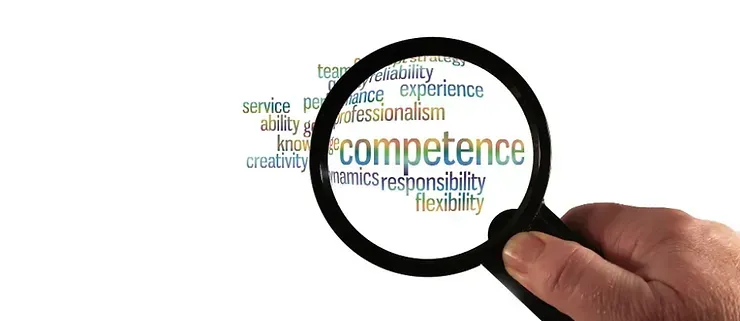10 Ways to Create Safety in Relationships
10 Ways to Create Safety in Relationships

Creating safety in relationships is crucial for establishing trust, intimacy, and emotional well-being––in and out of the workplace.
According to The Gottman Institute, When our body and mind experience safety, our social engagement system enables us to collaborate, listen, empathize, and connect, as well as be creative, innovative, and bold in our thinking and ideas. This has positive benefits for our relationships as well as our lives in general.
Here are 10 ways to cultivate safety in your relationships:
- Effective Communication: Open and honest communication is vital. Encourage each other to express feelings, thoughts, and concerns without judgment or criticism. Active listening and empathetic responses help create a safe space for open dialogue.
- Trust and Reliability: Build trust through consistent actions, keeping promises, and being dependable. Trust is the foundation of safety in any relationship, and it develops over time as you demonstrate your commitment and reliability.
- Emotional Support: Offer emotional support to your partner by being understanding, validating their feelings, and providing comfort during difficult times. Show empathy and compassion without minimizing their experiences.
- Respect and Boundaries: Respect each other's boundaries, opinions, and personal space. Ensure that your actions and words convey respect for your partner's autonomy, choices, and individuality. Also, ensure that you are being respected. Too often, we act out of fear of displeasing another. Kathy Sparrow, a leadership expert and literary midwife, says, "Differentiating between responsibility and expectations. Responsibilities have agreements and boundaries attached to them. We know what we are to do and when to do it. Expectations, however, keep us wondering if we’ve done “it” right, if we’ve responded correctly, if we need to do more, if a project is complete, etc. The guessing game never brings us peace."
- Vulnerability and Non-Judgment: Encourage vulnerability by creating an environment where both partners feel safe to share their deepest fears, desires, and insecurities. Avoid judgment, criticism, or shaming, and respond with empathy and acceptance.
- Conflict Resolution: Learn healthy conflict resolution skills, such as active listening, compromise, and finding win-win solutions. Avoid aggressive or passive-aggressive behavior, and strive for constructive dialogue that promotes understanding and resolution.
- Consistency and Predictability: Create a stable and consistent relationship environment. Being predictable and reliable in your actions helps establish a sense of safety and security.
- Mutual Support and Empowerment: Encourage and support each other's personal growth, aspirations, and goals. Celebrate achievements and provide encouragement during challenging times.
- Emotional and Physical Safety: Ensure that the relationship is free from emotional, verbal, or physical abuse. Establish boundaries that promote safety and respect, and address any instances of harm or discomfort immediately.
- Quality Time and Intimacy: Spend quality time together, engaging in activities that foster connection and intimacy. Create opportunities for shared experiences, emotional connection, and physical affection.
Remember, creating safety in relationships is an ongoing process that requires effort, empathy, and understanding from both partners. It's important to continuously nurture the relationship and adapt as needed to maintain a secure and trusting bond.
It also requires vulnerability, and as Brene Brown says, “Vulnerability is the birthplace of love, belonging, joy, courage, empathy, accountability, and authenticity.”











